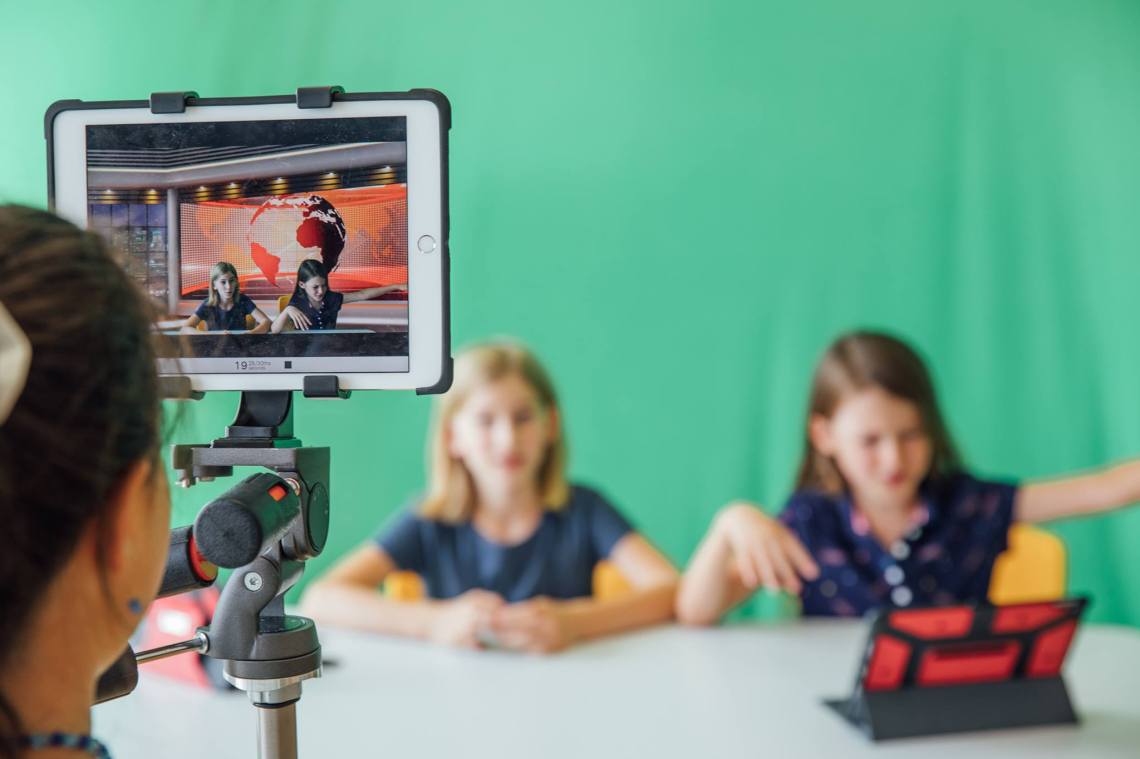
4 May 2021
We are happy to welcome Obersee Bilingual School (OBS) in Switzerland into the Cognita family. OBS is based in Pfäffikon, SZ and currently has just over 360 students. OBS is...
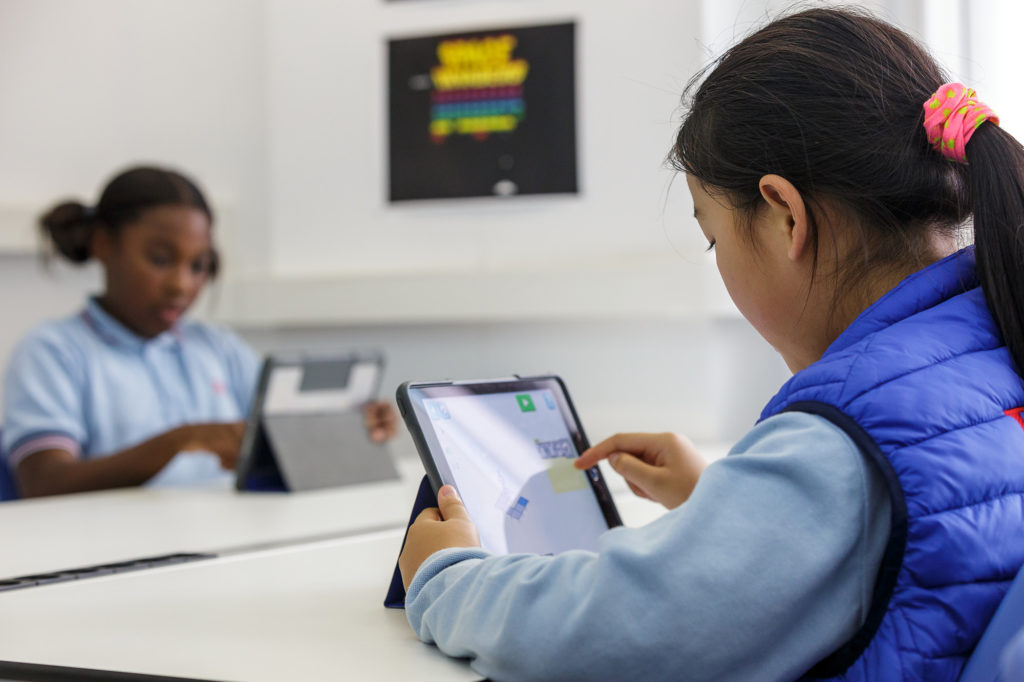
14 April 2021
As Cognita rolls out AI across its classrooms in Europe, Sabrina Espasandin, Digital Learning Advisor for Cognita, explores the fundamental difference technology is making to how teachers and...
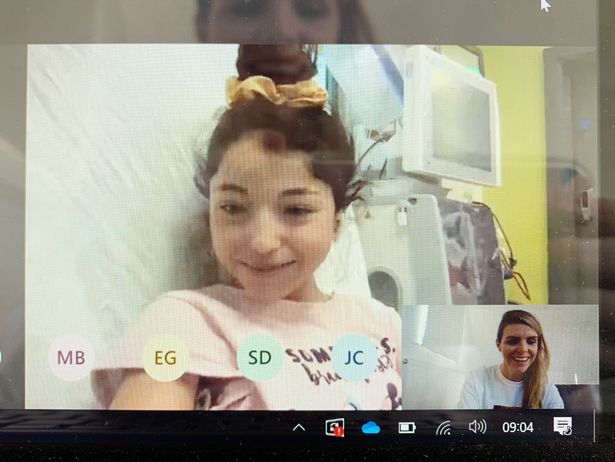
31 March 2021
This is Summer’s story. Summer is 12 years old and attends St Clare’s School in Porthcawl. She wants to be a doctor. Throughout 2020, Summer spent three days a week in hospital receiving dialysis while waiting for a kidney transplant – during a global health crisis. One surprising outcome of...
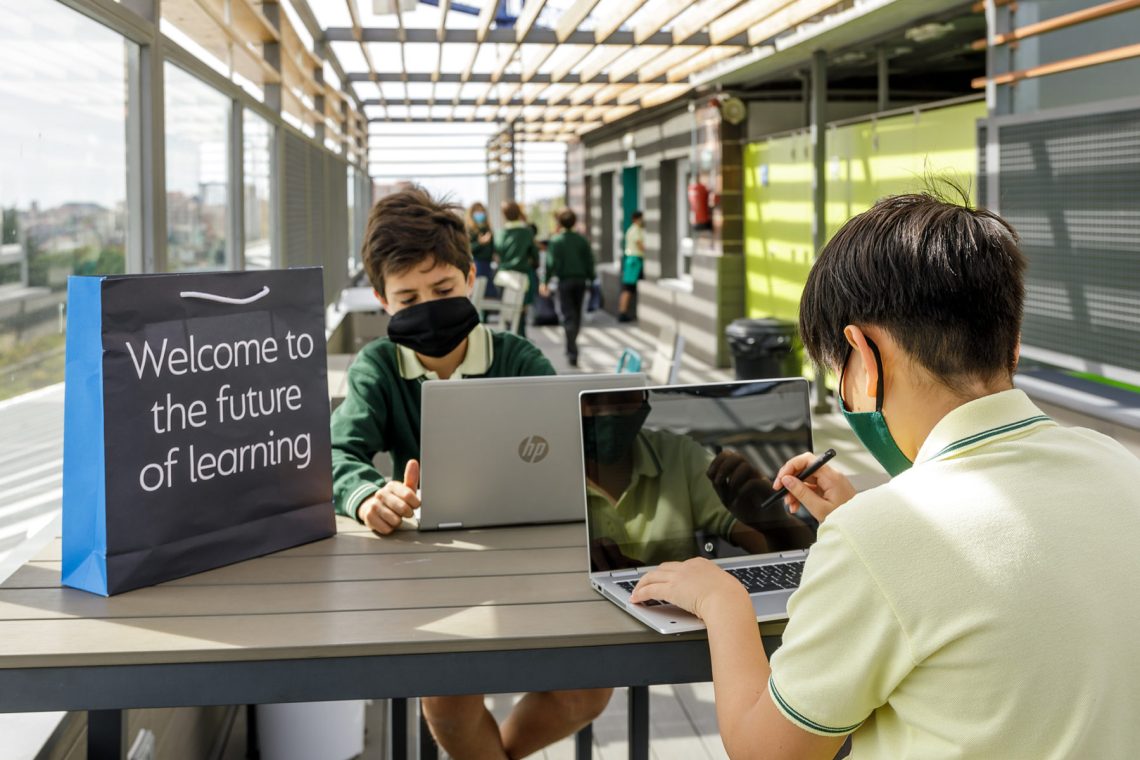
31 March 2021
Cognita is proud to feature as a Microsoft case study on harnessing technology to help children achieve their best – during the pandemic and beyond. Read the...
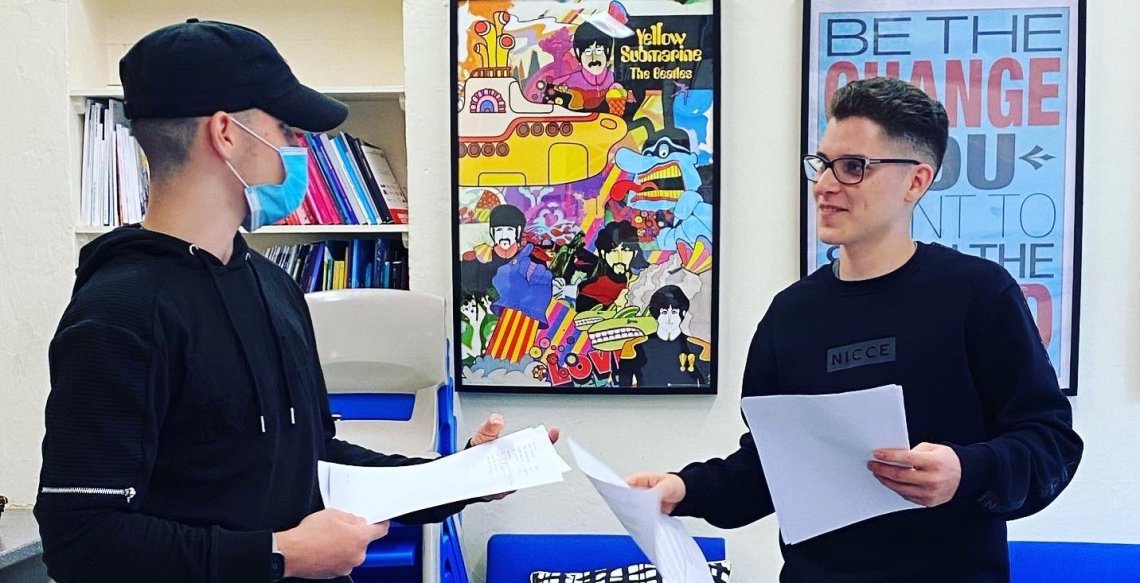
15 March 2021
5pm, 18th March 2020: The Prime Minister’s latest address on the Coronavirus pandemic, with now frighteningly familiar updates on transmission and testing. Then, a bombshell for teenagers...
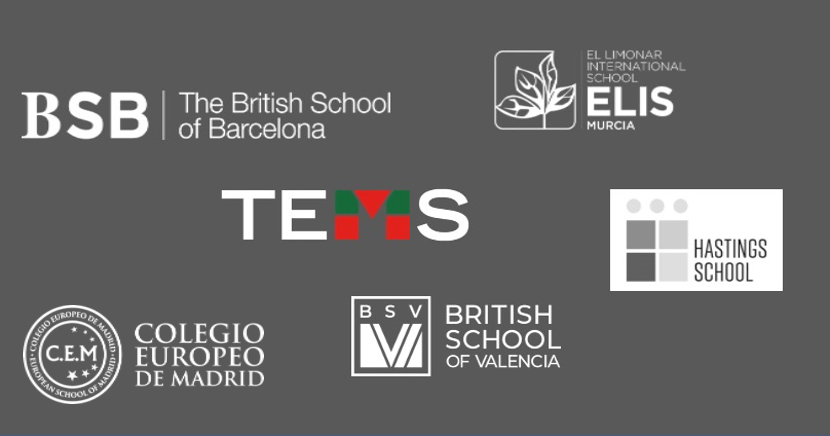
12 March 2021
We are proud to announce that six Cognita schools – The British School of Barcelona, El Limonar International School (ELIS) Murcia, British School of Valencia, Hastings School and The English Montessori...
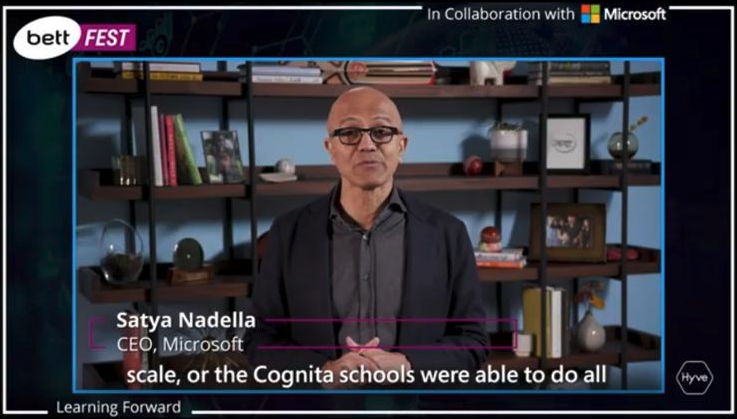
12 March 2021
At the 2021 BETT Show, Microsoft CEO Satya Nadella shared his thoughts on education becoming ‘untethered’ by time and place as it goes through the most significant...
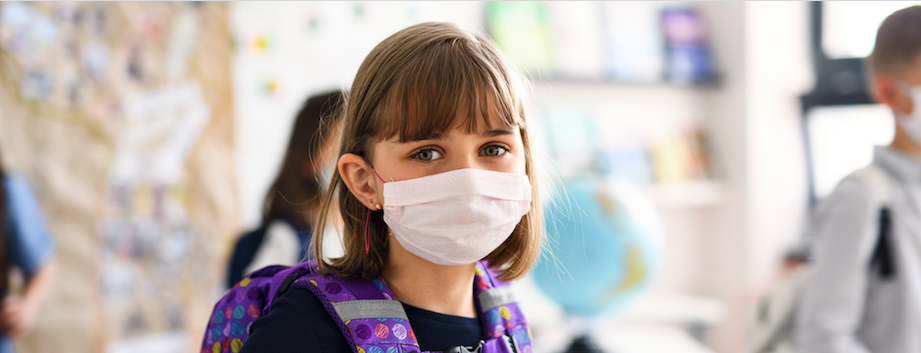
4 March 2021
As many families in the UK prepare for children to go ‘back to school’ after the latest national lockdown, Beth Kerr, Group Wellbeing Director for Cognita, offers...
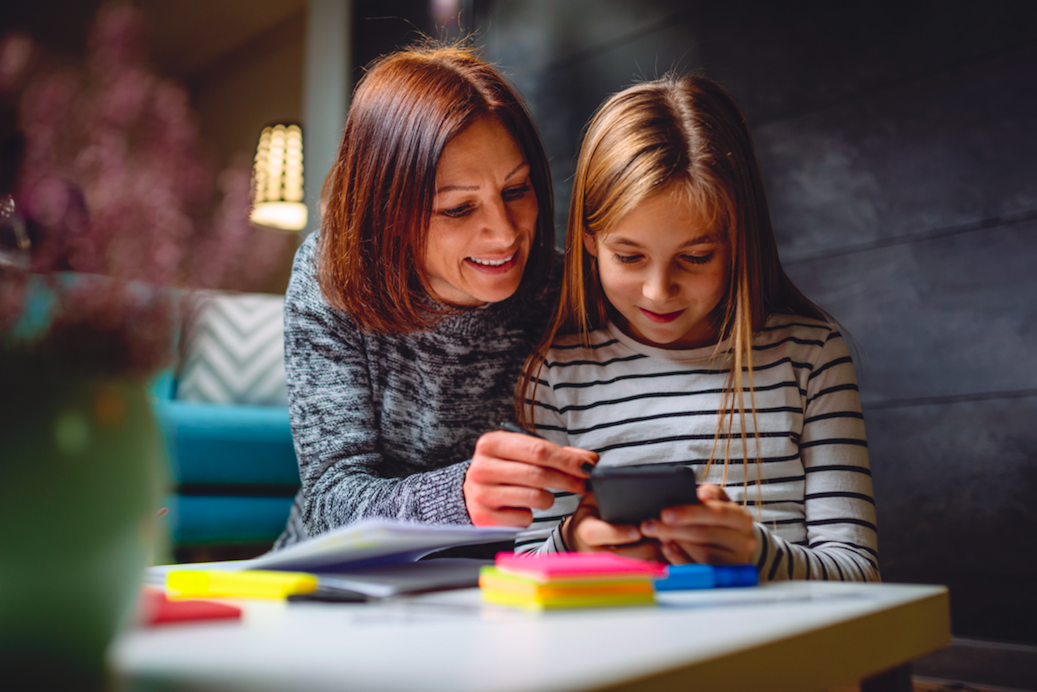
3 March 2021
We have a wealth of wellbeing expertise within our Cognita family, so we asked Tim Evans from Stamford American School Hong Kong to present the school’s recommendations for...
We have a wealth of wellbeing expertise within our Cognita family, so we asked Tim Evans from Stamford American School Hong Kong to present the school’s recommendations for regulating screen time to improve wellbeing.
In this short video, Tim shares a series of tips you can follow yourself, with your family or with anyone else you might live with. I hope you find it as useful as I did.

